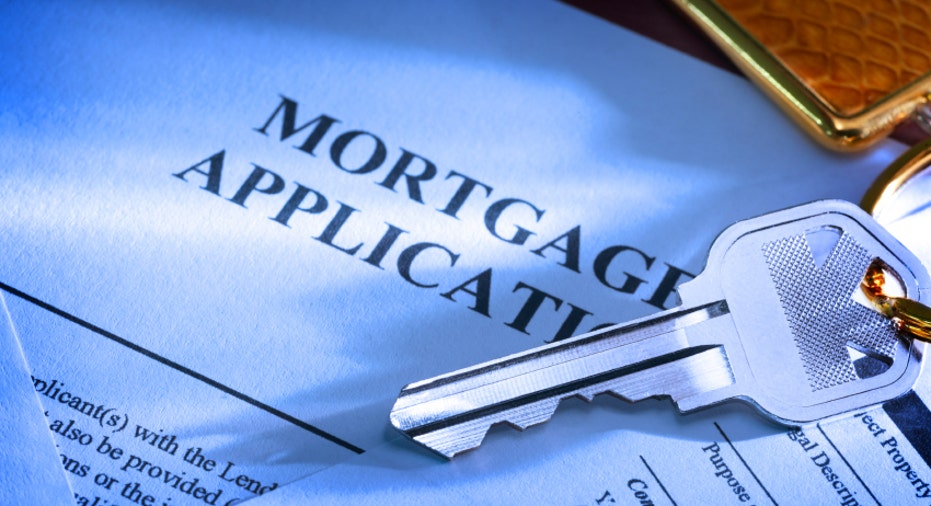Decision Points: Pay Off Your Mortgage Early or Hold Until Term?

Many homeowners dream of a life free of monthly mortgage payments. But for many of us, it will be years until we become free of this financial drain. However, certain measures can help to reduce the term of your mortgage, and allow you to pay off the loan early. Of course, this option is not for everyone, so here's a brief outline of the pros and cons to help you decide.
Pay Off Early
Pros
The primary incentive for paying off your mortgage early is that you can potentially save thousands of dollars on interest, explains Rick Sharga, executive vice president of Carrington Mortgage Holdings. "In a typical 30-year, fixed rate mortgage, the borrower will actually pay more in interest payments over the life of the loan than he or she will pay in principal."
Paying more of the principal balance earlier in the life of the loan can dramatically reduce the amount of interest paid, and the earlier in the loan that the principal is paid down, the higher the savings. In addition, eliminating this debt will free up funds that would have gone towards monthly payments, so they can go towards savings, investments or purchases, he says.
Cons
There are very few downsides to paying off a mortgage early, Sharga claims. However, he notes, homeowners should consult the terms of their mortgage contracts, as some can include pre-payment penalties if the loan is paid off too quickly. In addition, there may be some tax ramifications, since mortgage interest is tax deductible, so it's always a good idea to check with an accountant to determine what, if any, tax liability there might be.
Hold Until Term
Pros
There has been much debate over whether it makes sense to pay off a mortgage early or hold it to maturity, explains Roman Ciosek, managing director and partner of HighTower's Strata Wealth Management. Ultimately, however, your decision should depend chiefly on the current market conditions.
"In this low interest rate environment, we are of the camp that one should hold on to a new mortgage or refinance an existing one," Ciosek says.
With current rates at 30-year lows, the risk involved in holding on to a longer term mortgage is minimal, he explains.
"Even more attractive is the fact that the 15-year rate is around 3.4%, which we feel would make sense to keep to maturity. If one can deduct the mortgage, the overall rate would be below 3%. This would lead us to use those monies to fund retirements such as a 401k and IRA's, as longer term, they would most likely have better returns than the 3%," he says.
Cons
With market confidence at an all-time low, many investors are nervous There are numerous drawbacks associated with holding your mortgage until maturity. The most obvious, of course, is that you must shoulder the financial burden for longer, which means that you'll pay more in interest overall. You'll also gain equity in your house at a much slower rate, which could potentially disqualify you from acquiring a reverse mortgage or similar loans.



















